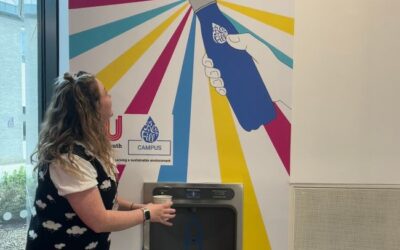London School of Economics Case Study
LSE Director Minouche Shafik launched Plastic Free LSE in 2018 to reduce single-use plastic on campus. The LSE Sustainability team tell us more about their approach and some of the successes of the campaign.
Creating a buzz… Our Director Minouche was challenged on Twitter to reduce her plastic use, which was a great catalyst for action. We actively planned all our sustainability engagement activities for the year to incorporate plastic reduction themes.
Sustain the momentum
Once we kicked things off, we kept the topic at the top of the agenda through sustained engagement activities including social media and events. We used these to promote alternatives to single-use plastic and encourage staff and students to adopt new habits such as using reusable cups.
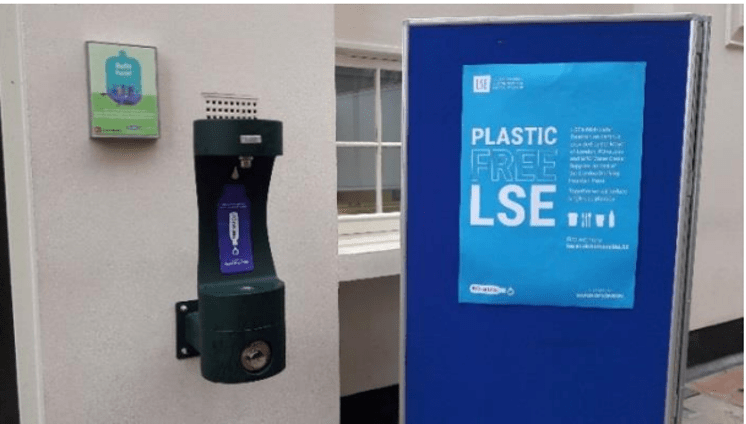
Collaboration is key!
Collaborating with others was key to our success. Internally we worked closely with our catering team to add charges on single-use plastic such as bottles and cups which have driven behaviour change. We also engaged with external partners such the #OneLess Pioneer network to share and learn.
Campaign highlightes
The LSE Sustainability team in collaboration with the National Union of Students has been running Green Impact, a staff and students engagement programme, at LSE for 10 years. Each year, staff teams, supported by trained students, implement actions and design creative projects to enhance sustainability in their workplace, receiving awards for their work at LSE’s annual Celebration of Sustainability.
In 2018 LSE’s 20 Green Impact teams designed 16 interesting and diverse projects relating to single-use plastics, you can read about them in full here. Here are some of their achievements:
- Almost 50,000 disposable cups were avoided and sales in a reusable cup increased to 18% at LSE Catering outlets (September to January, inclusive). This was a result of a 10p charge on disposable cups and 25p discount on reusables.
- 800g of recyclable plastic were collected from the River Thames by 20 LSE staff and students.
- 630 plastic bin bags a month were saved by Butler’s Wharf Hall of residence who reduced the frequency at which the bins were changed, a student-initiated idea. This resulted in a saving of 7560 bags each year.
- 440,000 sheets of paper plus 40,000 plastic wallets each academic year have been saved due to switching from paper to digital graduate applications in the Graduate Admissions Office.
- Over 400 LSE Keep Cups were given to students age 16-18 on the LSE student shadowing programme, encouraging them to avoid using disposable coffee cups.
- All General Course students received a reusable water bottle upon arrival and a weekly Green Impact tip in the Tembo newsletter.
- The open day and offer holders’ day schedule included a map of water fountains.
- Staff and students were encouraged to pledge to buy no plastic bottles for a week
- Actions were taken to replace plastic water bottles at meetings with glasses and jugs.
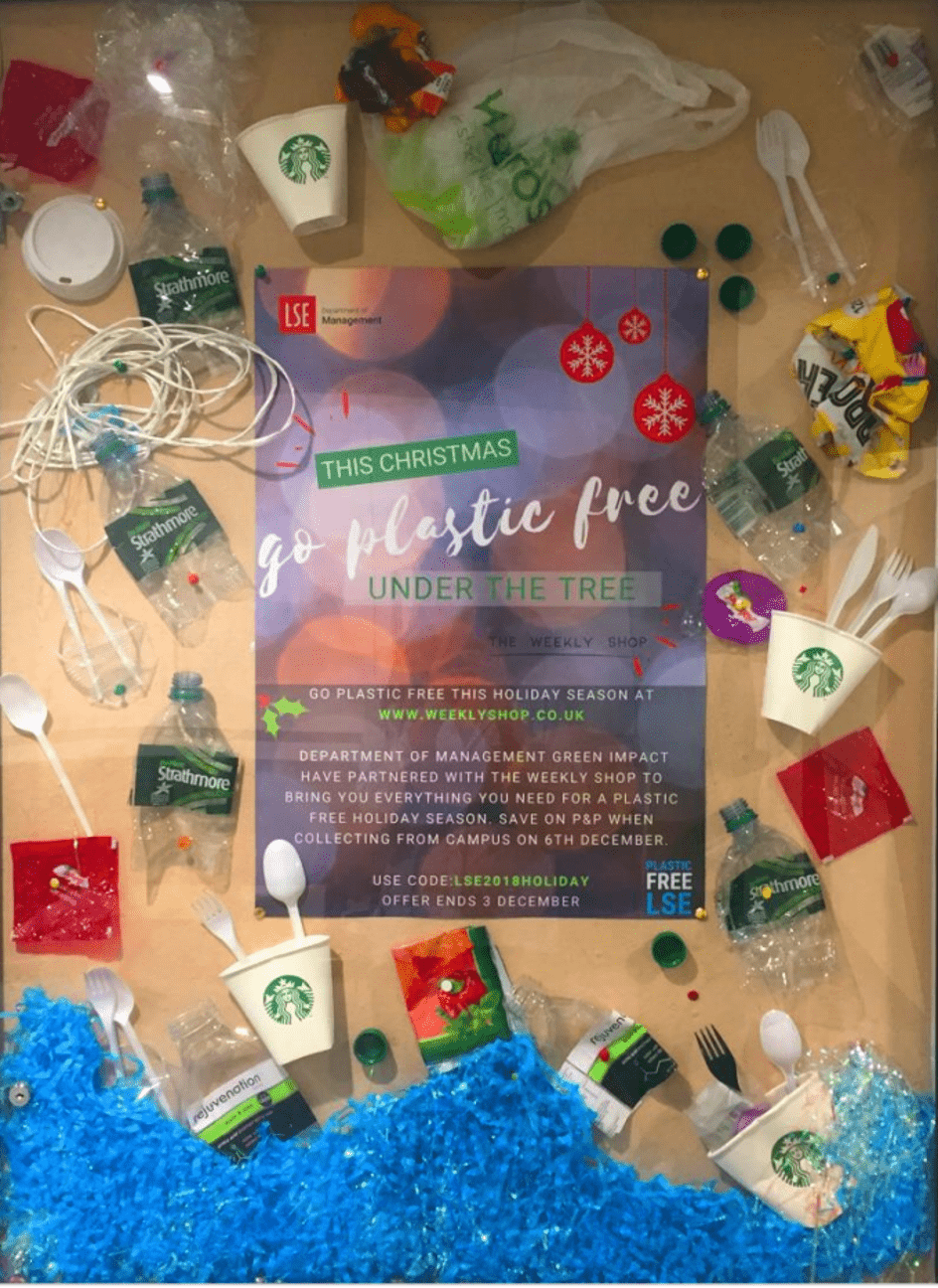
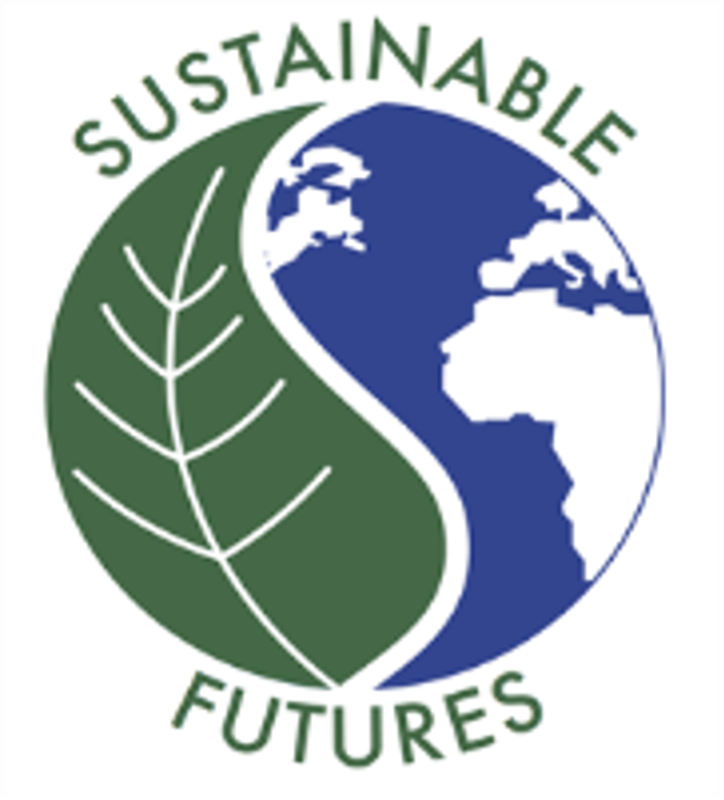
The LSE Sustainable Futures Society
This is a student society that collaborates with the Estates Division to oversee the allocation of the Sustainable Projects Fund for staff and student-led projects.
The Sustainable Projects Fund is funded through a 10p tax charged against disposable bottled water sold at LSE Catering outlets.
Their Plastic Free Impact Report is well worth a read if you are serious about reducing plastic across your campus. You can find out more on their website or in their Green Impacts booklet here.
Find other Universities joining the Refill Revolution
The Refill Campus Award
We are thrilled to announce the launch of the Refill Campus Award, supporting universities to tackle single-use plastic pollution.
Glyndwr University Case Study
Find out how Glyndwr University are joining the Refill revolution and eliminating single-use plastic with their Green Glyndwr campaign.
